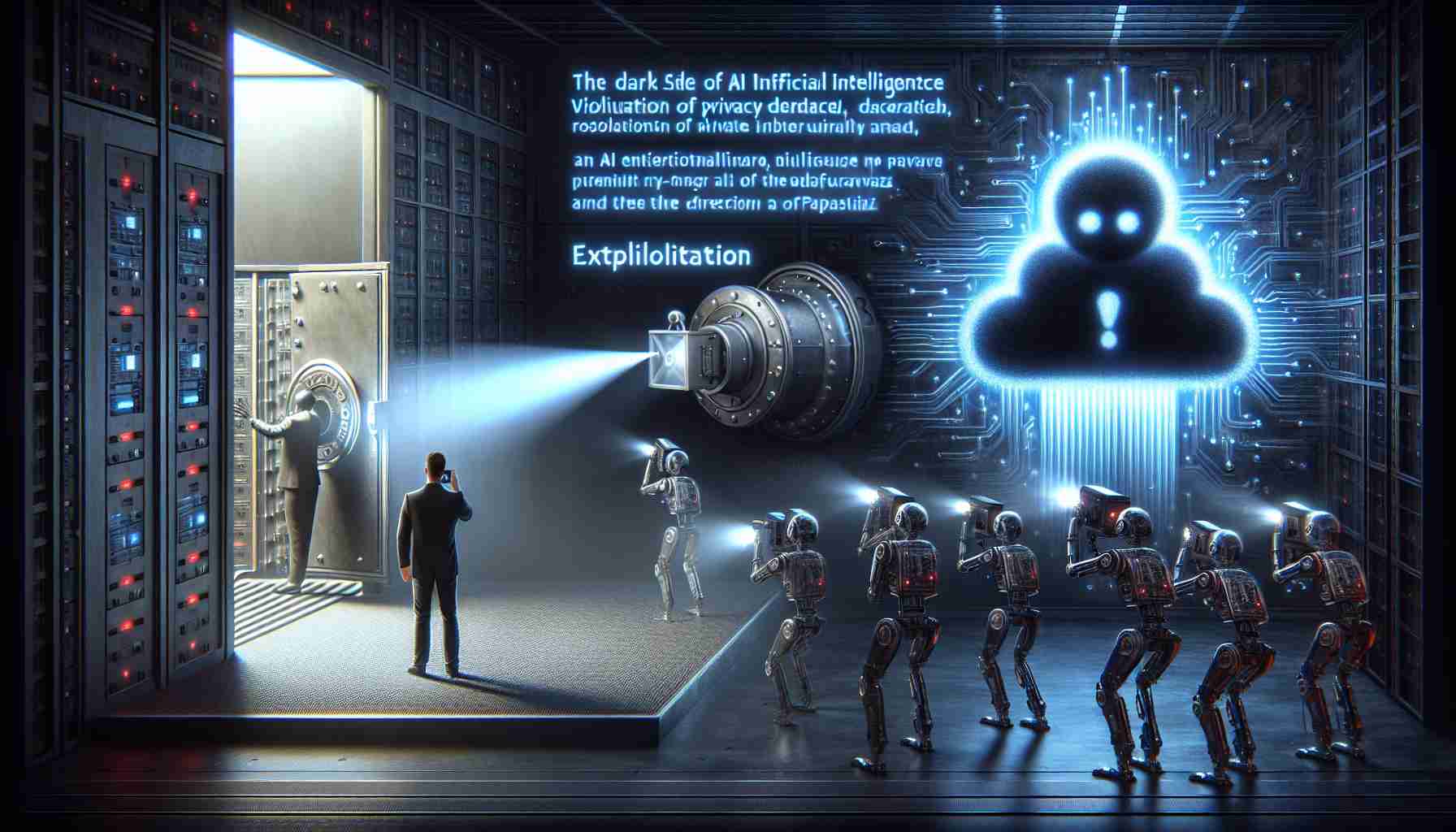Taylor Swift’s fans were outraged when disturbing and explicit images of the pop star, generated by artificial intelligence (AI), circulated on social media. This invasion of Swift’s privacy and dignity is completely unacceptable and will not be shared in this article.
Swift’s dedicated fanbase, known as Swifties, took action to bury the trending topic of ‘Taylor Swift AI’ by flooding the platform with unrelated posts. They expressed their anger and support for the singer, who has unfortunately become a victim of this disturbing trend of creating fake and explicit images using AI.
The rise of AI-generated art has made this trend more prevalent and alarming in recent years. It raises important ethical questions about the nature and consequences of AI, particularly in relation to its potential for harm and exploitation. Swift is not the only celebrity to bear the brunt of such malicious content. Other well-known personalities, like TikTok star Addison Rae, have also faced similar attacks, including deepfake videos that manipulate their appearances and voices.
The degrading use of someone’s image and identity without their consent is comparable to the personal photo leaks that many celebrities have endured due to hacking. It is distressing and unfair for individuals to have their personal lives violated in such a manner.
Unfortunately, the legal system has not kept pace with this emerging threat. AI-generated nudes are not explicitly covered under any federal law, despite the devastating impact they can have on a person’s mental and emotional well-being, as well as their personal and professional lives.
Numerous celebrities, including Bella Thorne, Miley Cyrus, Jennifer Lawrence, and Rihanna, have fallen victim to hacks and nude photo leaks over the years. It is crucial that we address this issue and establish adequate legal protections to prevent further exploitation and ensure the privacy and dignity of individuals, especially those in the public eye.
As we navigate an increasingly AI-driven world, it is essential to strike a balance between technological advancements and protecting the rights and well-being of individuals.
FAQ Section:
Q: What happened to Taylor Swift?
A: Disturbing and explicit images of Taylor Swift, generated by artificial intelligence (AI), circulated on social media, invading her privacy and dignity.
Q: How did Taylor Swift’s fans react?
A: Swift’s dedicated fanbase, known as Swifties, flooded the platform with unrelated posts to bury the trending topic of ‘Taylor Swift AI’ and expressed their anger and support for the singer.
Q: What is the trend of creating fake and explicit images using AI?
A: The rise of AI-generated art has led to an alarming trend of creating fake and explicit images of celebrities, raising important ethical questions about the consequences of AI and its potential for harm and exploitation.
Q: Has Taylor Swift been the only victim of this trend?
A: No, other celebrities like TikTok star Addison Rae have also faced similar attacks, including the manipulation of their appearances and voices in deepfake videos.
Q: Is the use of someone’s image without their consent comparable to personal photo leaks?
A: Yes, the degrading use of someone’s image and identity without their consent is comparable to personal photo leaks that many celebrities have endured due to hacking.
Q: Is there legal protection for AI-generated content?
A: Unfortunately, AI-generated nudes are not explicitly covered under any federal law, highlighting the lack of legal protection against this emerging threat.
Q: Which celebrities have fallen victim to hacks and nude photo leaks?
A: Celebrities such as Bella Thorne, Miley Cyrus, Jennifer Lawrence, and Rihanna have fallen victim to hacks and nude photo leaks over the years.
Key Terms:
1. Artificial intelligence (AI): Refers to the simulation of human intelligence by machines, enabling them to perform tasks that typically require human intelligence, such as image generation.
2. Deepfake: Refers to AI-generated media, such as videos or images, that manipulate or replace the likeness of a person, often for misleading or malicious purposes.
Related Link:
– National Science Foundation
The source of the article is from the blog guambia.com.uy

